Bert Warner brings more than 20 years of industry experience to PERC with a focus on efficient and sustainable solutions The Propane Education & Research Council (PERC) has hired Bert Warner as its director of commercial business development. Warner will lead initiatives to increase propane awareness and execute market strategies that support propane-powered equipment and Read more
Propane Education & Research Council (PERC)
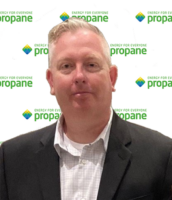
Bert Warner brings more than 20 years of industry experience to PERC with a focus on efficient and sustainable solutions
The Propane Education & Research Council (PERC) has hired Bert Warner as its director of commercial business development. Warner will lead initiatives to increase propane awareness and execute market strategies that support propane-powered equipment and appliances for commercial construction and operations.
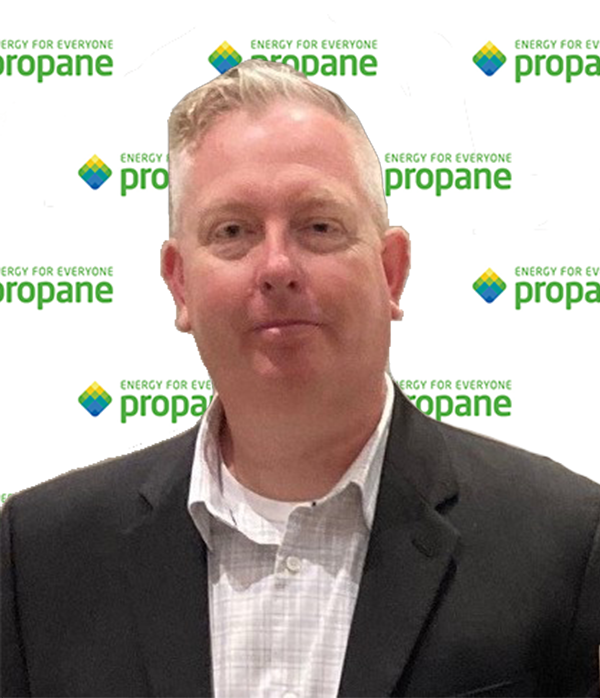
“Bert is a driving force who uses his extensive experience and strategic vision to deliver remarkable results,” said Tucker Perkins, president and CEO of PERC. “His impressive track record will continue to support the adoption and awareness of propane throughout the commercial construction industry.”
Warner joins PERC with more than 20 years of business development experience across various industries. Prior to joining PERC, Bert served as the national sales and business development manager at Robur Corporation. He is well known for his success in expanding market presence, fostering strong relationships, and for his deep understanding of efficient and sustainable heating and cooling technologies.
“Propane presents an exciting avenue for efficiency and environmental stewardship,” said Warner. “I look forward to building connections and collaborating with those in the commercial sector. Together, we can continue to propel innovation and drive positive change in this industry.”
Warner holds a bachelor’s degree in communications from DePauw University.

Propane use has increased efficiency, reduced energy costs, and improved visitor experience Ruby’s Inn takes environmental stewardship seriously, which is why the Propane Education & Research Council (PERC) is awarding it with an Energy for Everyone Hero Award. Located in picturesque Bryce Canyon National Park, the historic inn relies on a clean-energy that is good Read more
Propane use has increased efficiency, reduced energy costs, and improved visitor experience
Ruby’s Inn takes environmental stewardship seriously, which is why the Propane Education & Research Council (PERC) is awarding it with an Energy for Everyone Hero Award. Located in picturesque Bryce Canyon National Park, the historic inn relies on a clean-energy that is good for its customers and the environment—propane.

Left to Right: Brannon Morse (Kiva Energy), Karl Munford (Ruby’s Inn), Ron Harris (Ruby’s Inn), Lance Syrett (Ruby’s Inn), Jim Bunsey (PERC), Jeff Stewart (Blue Star Gas), Michael Prayoonvech (Rinnai)
Propane use at Ruby’s Inn has helped to eliminate 5,200 metric tons of carbon dioxide (CO2) equivalent. This is equal to greenhouse gas emissions from:
- 1,410 gasoline-powered passenger vehicles driven for one year.
- 771,822,585 smartphones charged.
- 795 homes’ energy use for one year.

Lance Syrett, general manager at Ruby’s Inn
“Being located next to a national park, we always think about our carbon footprint,” said Lance Syrett, Ruby’s Inn general manager. “We are confident about using propane. It’s efficient, it’s always available, and it’s a clean energy source for us to use.”
Ruby’s Inn has been serving visitors since 1916, well before the Bryce Canyon became a national park. On average, Ruby’s Inn greets as many as 4,000 guests per night. With 19 buildings, 700 hotel rooms, three restaurants, three swimming pools, and a laundry facility handling 19 tons of laundry per day, the resort’s hot water system was under a tremendous amount of strain. A few years back, customer dissatisfaction with cold showers led to financial loss for the resort to the tune of approximately $60,000 a year in guest discounts and refunds.
Ruby’s Inn fixed its hot water demand issues by removing older model open-flame boilers and replacing them with several high-efficient 199,000 Btu storage tank water heaters, and 175 propane-powered tankless water heaters from Rinnai—giving the Inn a completely revitalized system. The propane tankless water heaters also support the Inn’s environmental focus. Based on an energy and environmental analysis of different energy sources, propane tankless systems reduce carbon emissions by up to 50 percent compared with electric storage tank systems.

Jim Bunsey, director of commercial business development at the Propane Education & Research Council (PERC)
“The hospitality industry knows how important reliable water heating units are for a successful operation,” said Jim Bunsey, director of commercial business development at PERC. “Water heating represents seven percent of all energy use in commercial buildings. Six building types—lodging, healthcare, retail, education, food service, and office—represent 85 percent of all commercial building water heating energy consumption.”
“It’s important to Ruby’s Inn to use an energy source that is cost-effective, reliable and efficient,” said Syrett. “Propane fulfills those needs and it helps keep the beautiful environment clean. It just makes sense.”
Learn more about Ruby’s Inn’s commitment to the environment and how propane is used at RubysInn.com/Sustainability-Initiative. Learn more about the benefits of propane in commercial and hospitality buildings at Propane.com/for-my-business.
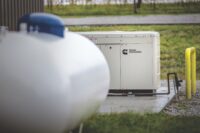
New propane power generation innovations can meet environmental building codes The Propane Education & Research Council (PERC) is reminding construction professionals about the benefits of specifying and building with propane during National Preparedness Month. Propane is an ideal energy source for prime and secondary power generation because it’s a low-carbon energy option that is efficient Read more
New propane power generation innovations can meet environmental building codes
The Propane Education & Research Council (PERC) is reminding construction professionals about the benefits of specifying and building with propane during National Preparedness Month. Propane is an ideal energy source for prime and secondary power generation because it’s a low-carbon energy option that is efficient and reliable.
“Weather extremes like heat waves, tornadoes, and winter storms have a direct impact on the fragile electric grid causing it to go offline. Businesses are put at risk and can be financially impacted because of those power outages,” said Jim Bunsey, director of commercial business development at PERC. “Including propane power generation systems ensures critical systems keep working even when the electric grid isn’t.”
The demand for secondary power sources is growing. More than half of states recognize combined heat and power (CHP) systems as part of their Renewable Portfolio Standards or Energy Efficiency Resource Standards. Several states, including Colorado, Maryland, Massachusetts, Pennsylvania, and Washington, have initiated specific production incentive programs for CHP technologies. And that list is expanding.
“Builders are working to meet stringent energy and environmental codes,” said Bunsey. “Because propane works in tandem with other clean energy sources like solar and wind, it is another solution to help builders meet guidelines in updated Standards.”
From micro-CHP units to innovative boiler systems and microgrids, there are several prime and secondary power generation systems available in a variety of sizes for construction professionals to utilize in designs. When those systems use propane, they are better for the environment. Propane produces 52 percent fewer greenhouse gas emissions than using the equivalent amount of electricity generated from the U.S. grid. That’s because a significant portion of electricity production comes from natural gas or coal generation plants which release CO2 emissions as part of the generation process.
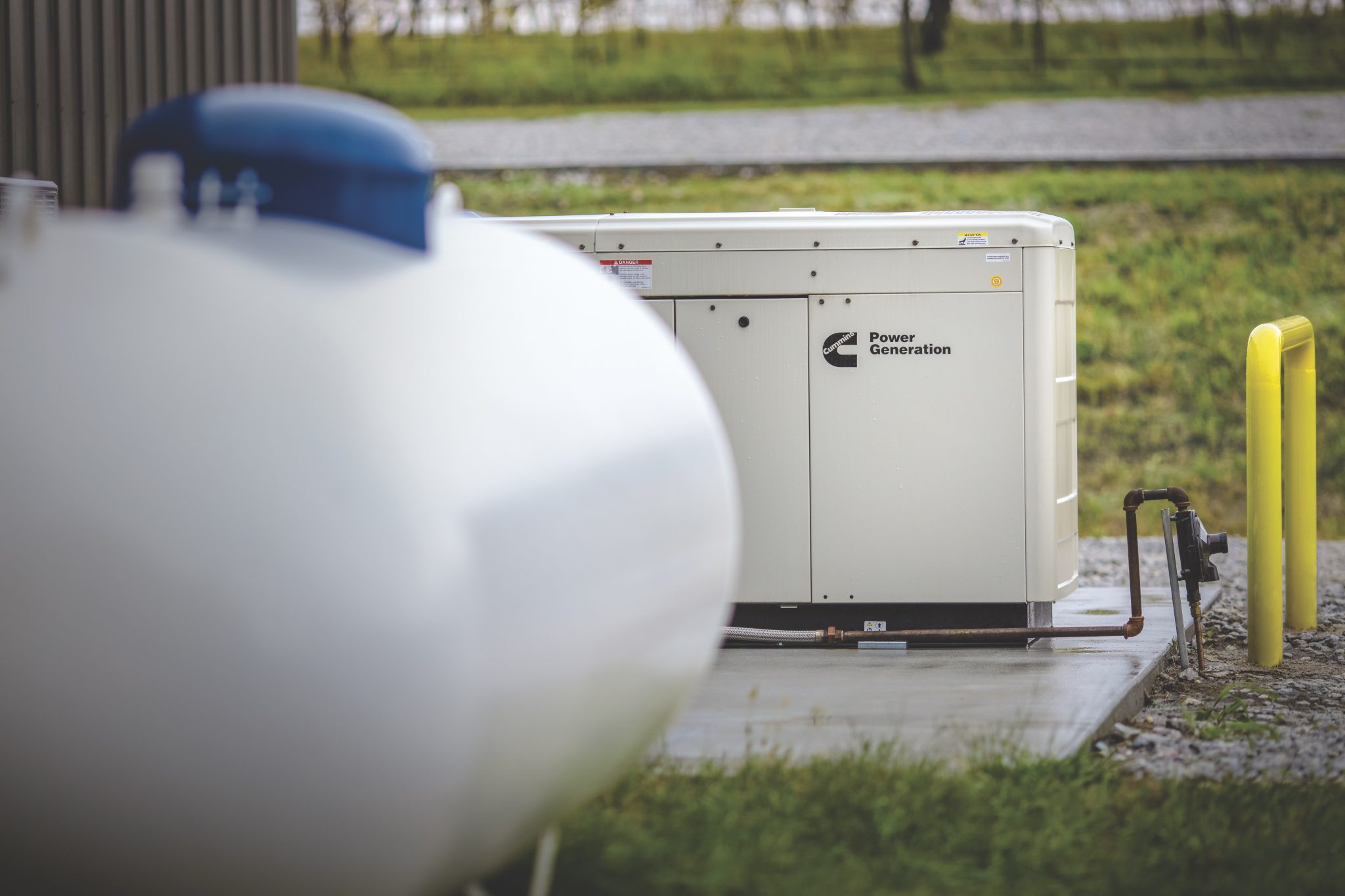
Propane is becoming cleaner with the development of renewable propane. Renewable propane Renewable propane has the same great features as conventional propane—reliability, portability, and reduced carbon emissions—but with even lower carbon emissions when compared with other energy sources. Made from a variety of renewable sources including plant oils, bio-waste, and used cooking grease, renewable propane has one of the lowest carbon intensity scores. While the carbon intensity of renewable propane depends on the renewable resource, it scores between 20.5 and 43.5 (grams CO2 equivalent per megajoule). Comparatively, conventional propane’s carbon intensity score is 80, diesel is 100, and gasoline is 101.
Construction professionals can download PERCs free resource, The Ultimate Guide to Power Generation, for an in-depth look at propane’s capabilities as a resilient energy source for residential, commercial, and industrial use. Learn more about the benefits of propane at Propane.com.

Propane Council expands program funding aimed at reducing greenhouse gases while increasing a homebuilders bottom line. Residential homebuilders can apply now for the Propane Construction Incentive Program and take advantage of money for installing propane appliances. Supported by the Propane Education & Research Council (PERC), the expanded program amplifies efforts to install propane appliances in Read more
Propane Council expands program funding aimed at reducing greenhouse gases while increasing a homebuilders bottom line.
Residential homebuilders can apply now for the Propane Construction Incentive Program and take advantage of money for installing propane appliances. Supported by the Propane Education & Research Council (PERC), the expanded program amplifies efforts to install propane appliances in new homes and remodels.

“Homebuilders are being told that electric or solar are the only clean-energy options for homes, but this simply isn’t true,” said Bryan Cordill, director of residential business development at PERC. “Propane—a clean energy option that works in tandem with other energy sources or on its own—should be considered when building or remodeling.”
The Propane Construction Incentive Program encourages the installation of propane appliances by offering a baseline incentive of up to $1,000 to builders or remodelers who upgrade to propane appliances in a new build or a remodel. To qualify, at least one of these propane appliances must be installed:
- $500 Incentive: Boiler, Furnace, Hydronic Air Handler, Combi Boiler (not a heat pump).
- $300 Incentive: Water Heater (tankless or storage tank).
- $300 Incentive: Hybrid Heat Pump with propane emergency heat.
Additional propane applications:
- $100 Incentive (Per Appliance): Cooktop or Range, Clothes Dryer, Standby Generator, Fireplace or Gas Log Set, and/or Propane Gas Piping for Outdoor Equipment.
Applicants can also earn a $500 bonus for installing a propane appliance specific to their region of the country.
The 2022 incentive program helped eliminate more than 18 million pounds of carbon dioxide (CO2) equivalent from the environment. Last year, PERC awarded $1 million in funding to construction professionals who provided data from the Energy Planning and Analysis Tool comparing the emissions of the propane appliances in their new build and remodeling projects to their electric alternatives. Installations included propane furnaces, water heaters, fireplaces, cooktops, ovens, clothes dryers, outdoor grills, and standby generators.
“Participants are not only creating a competitive advantage for themselves, but they are also helping decrease greenhouse gas emissions,” said Cordill. “Propane is available right now and its use is having an immediate and positive impact on the environment. I’m excited to see how many pounds of greenhouse gases we reduce with the help of the expanded program. ”
Learn more about the additional incentive program funding and qualifications, and complete an application at Propane.com/ConstructionIncentive.

Homeowners continue to spend more time in their outdoor living spaces following the COVID-19 pandemic. As a result, the pool, hot tub, and spa industry is experiencing record sales, as well as demand for longer swim seasons. To help pool builders and designers answer this demand, the Propane Education & Research Council (PERC) is offering Read more
Homeowners continue to spend more time in their outdoor living spaces following the COVID-19 pandemic. As a result, the pool, hot tub, and spa industry is experiencing record sales, as well as demand for longer swim seasons. To help pool builders and designers answer this demand, the Propane Education & Research Council (PERC) is offering an updated, free online continuing education course, “Propane Heaters for Pools and Spas.”
This course will help professionals learn how to utilize propane heaters to meet the demands of their customers by exploring their application in both residential and commercial pools and spas. It also examines the pros and cons of various energy sources used for pool and spa heating.
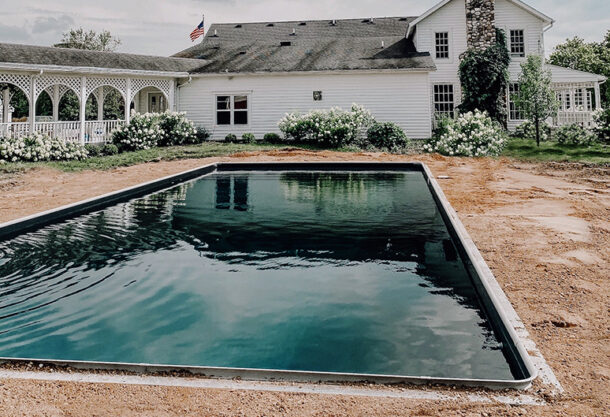
“This is a great opportunity for builders to learn about the benefits of propane heaters,” said Bryan Cordill, PERC’s director of residential business development. “Until a few years ago, heating a swimming pool in much of the United States took a long time and cost a lot of money. But now there are options for high-performing heaters. These technologies can help customers save time, swim later in the season, and do it all for less money.”
In addition to sharing information about the benefits of propane, the course covers other design and specification considerations for heating pools and spas, including heater size, emissions, and heat exchanger types.
“It’s a great way to get up to speed if you’re like the many other building pros receiving increased queries about backyard pools from your clients.” Cordill said. “By taking this course, you can establish yourself as an expert in the various pool-heating options available and build credibility with existing and prospective customers.”
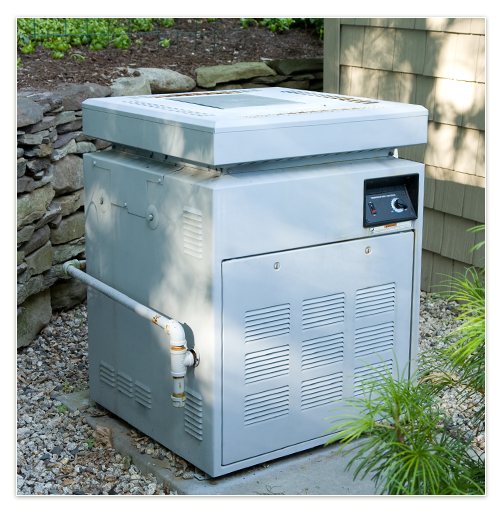
The program is introductory level, with no pre-requisites required. To receive the AIA 1 LU course credits, you must complete it by November 17, 2024.
To learn more about the course and to register for the program, visit www.HanleyWoodUniversity.com/Course/7847/Propane-Heaters-for-Pools-and-Spas.
